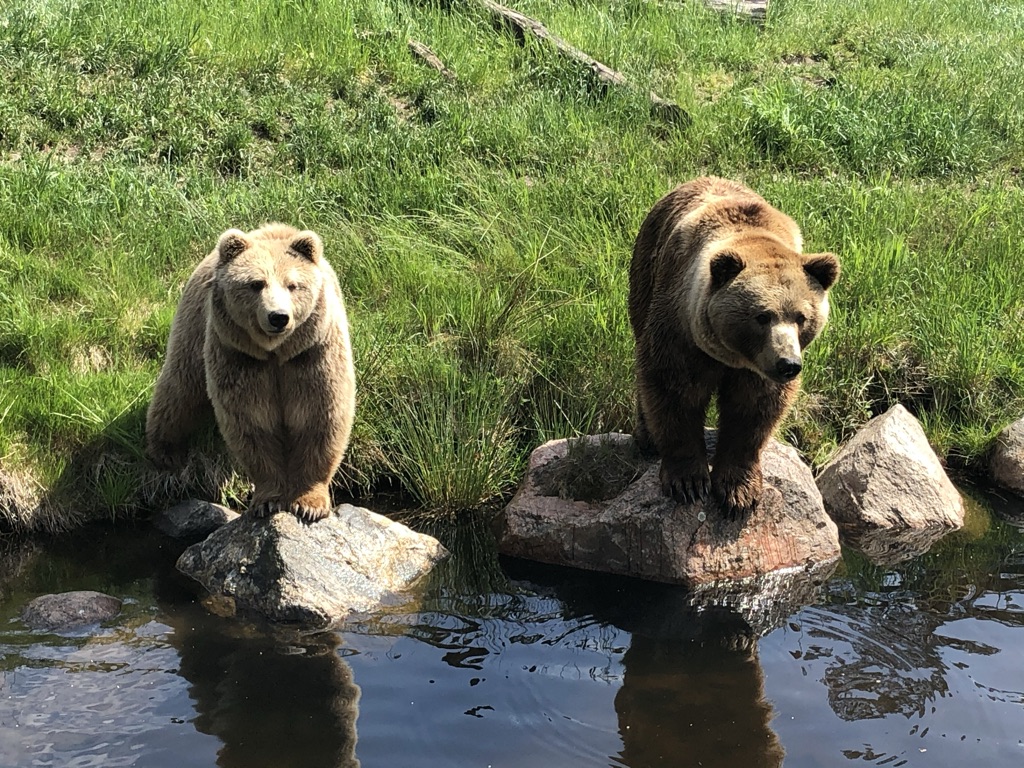Background
Education is, along with conservation, research and recreation, seen as one of the main roles of the modern zoo. Indeed, in many countries there are legal requirements for zoos to provide education to their visitors. For example, the EU Zoos Directive oblige all zoos within the European Union to provide education, and in Sweden zoos are obliged to educate visitors and raise awareness about conservation and biodiversity according to the Swedish Species Protection Regulation (SFS 2007:845).

Additionally, the educational role of zoos is emphasized by national and international zoo associations such as SAZA (Swedish Association of Zoos and Aquaria), EAZA (European Association of Zoos and Aquaria) and WAZA (World Association of Zoos and Aquariums).
The term conservation education, defined as education aiming at influencing people’s attitudes, emotions, knowledge and behaviours regarding wildlife is increasingly used when talking about the education work of zoos and in October 2020 WAZA along with the International Zoo Educators Association (IZE) launched Social Change for Conservation: the World Zoo and Aquarium Conservation Education Strategy (WZACES). While raising awareness about biodiversity and conservation has long been a goal of zoo education, this new global strategy takes zoo education to the next level by aiming for not only increased awareness, but behaviour change.
Conservation education can take place in a variety of different settings, however, what is unique with zoos as a teaching platform for conservation education is the presence of live animals and the potential use of these animals in education activities. There is a growing amount of evidence that the opportunity to experience live animals up close and in person at a zoo has positive effects on zoo visitors’ interest in conservation, but it is of uttermost importance to also take animal welfare into consideration when planning and performing conservation education activities in zoos.
Aims
The aims of this project were to describe and evaluate
- the educational power of the zoo and the level of awareness among zoo staff from the perspective of conservation, sustainable development and animal welfare.
- the effect of visiting a zoo on learning, awareness and motivation to change behavior from the perspective of conservation, sustainable development and animal welfare.